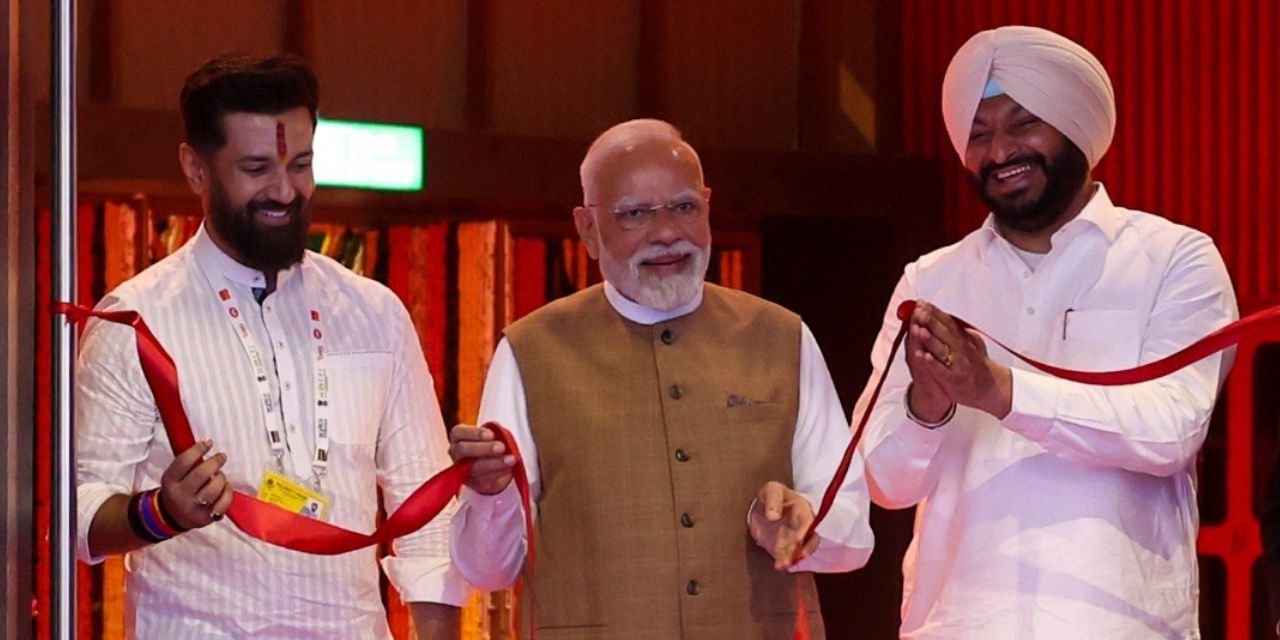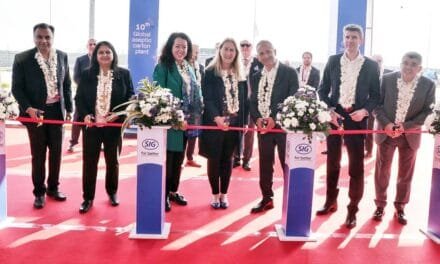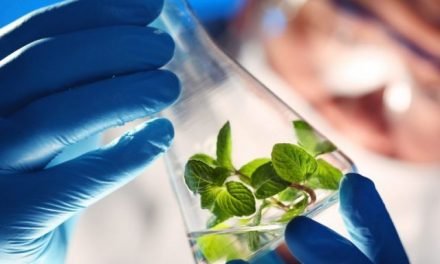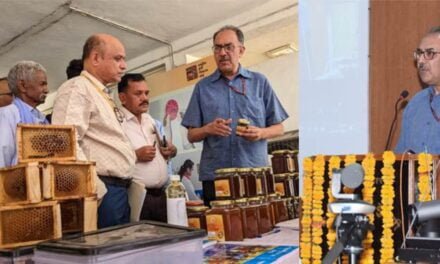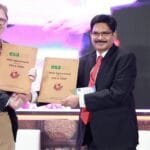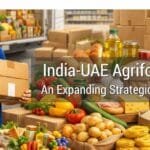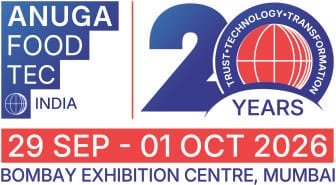Prime Minister inaugurated the World Food India 2025, a global platform promoting India’s food processing sectors, in the presence of Minister of Food Processing Industries, Chirag Paswan and Russian Deputy PM H.E. Dmitry Patrushev.
Prime Minister Narendra Modi inaugurated World Food India 2025 at Bharat Mandapam, New Delhi, calling it a global platform that showcases India’s expanding capabilities in agriculture and food processing. The event drew the participation of Union Minister of State for Railways Ravneet Singh Bittu, Minister of Food Processing Industries Chirag Paswan, and Russia’s Deputy Prime Minister H.E. Dmitry Patrushev, along with leaders and delegates from around the world.
In his address, Modi described the gathering as a meeting point for farmers, entrepreneurs, innovators, investors, and consumers, a space for new connections and fresh ideas. He shared that the exhibition reflected the industry’s focus on nutrition, reducing oil consumption, and developing healthier packaged foods.
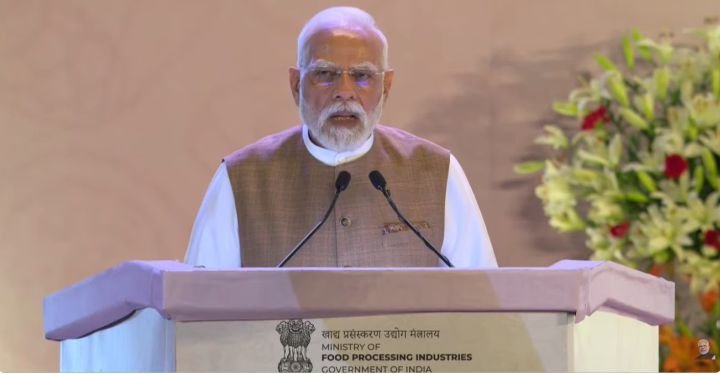
The Prime Minister emphasized that investors today view India with optimism because of what he termed the country’s triple advantage of diversity, demand, and scale. India’s agro-climatic zones support the production of every major crop, fruit, and vegetable, while its vast consumer base offers unmatched domestic demand. He noted that India’s cuisines change every few hundred kilometers, a sign of both cultural richness and agricultural variety.
Modi underlined that India has become a key contributor to global food security. The country is the largest producer of milk, contributing 25 percent of the global supply, and the leading producer of millets. It ranks second in rice and wheat production and plays a significant role in fruits, vegetables, and fisheries. He remarked that in times of crisis or disruption, India has consistently stepped forward to ensure stability in food supplies.
Highlighting policy initiatives, the Prime Minister pointed to 100 percent FDI in food processing, incentives through the Production-Linked Incentive scheme, and the development of mega food parks. He said these measures have delivered results: India’s food processing capacity has grown twentyfold over the past decade, while exports of processed foods have more than doubled. He also referred to the world’s largest storage infrastructure scheme, which is strengthening the entire ecosystem from farm to consumer.
Recognizing that a majority of India’s farmers are small or marginal, Modi stressed the importance of empowering them. He highlighted the growth of Farmer Producer Organizations, with more than 10,000 established since 2014. These FPOs are bringing farmers together, enabling them to access larger markets, and creating branded products that showcase India’s agricultural diversity. From Kashmiri saffron and basmati rice to millet cookies, makhana, and Kerala’s banana chips, FPOs are now reaching consumers across the country and abroad.
| Also Read: The Rise of Makhana: Opportunities and Challenges for India’s Superfood.
| Also Read: Makhana Board: Push to Traditional Superfood into Global Power Snack
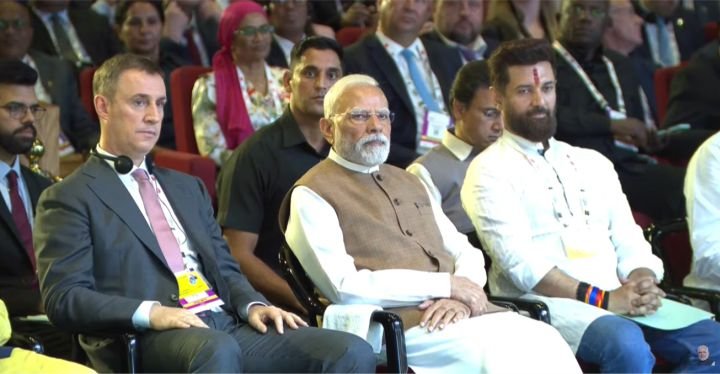
Over 1,100 FPOs have achieved annual turnovers exceeding one crore rupees, proving that small farmers can become major market players. Modi also spoke about self-help groups that manage micro food processing units in villages, supported by government subsidies. Together, these initiatives are boosting rural incomes and creating employment for youth.
Alongside FPOs, cooperatives continue to play a powerful role, particularly in the dairy sector. With a dedicated ministry and reforms to improve transparency and taxation, the cooperative movement is regaining momentum and strengthening rural economies. The fisheries sector has also grown significantly, with investments in modern processing plants, cold chains, and deep-sea fishing facilities. Today, nearly three crore people depend on the sector for their livelihoods.
The Prime Minister highlighted the adoption of technologies such as food irradiation, which helps extend shelf life and improve food safety. He also pointed to GST reforms that have reduced costs for bio-pesticides and micro-nutrients, giving a boost to organic farming and smallholder producers. Sustainability, he emphasized, is central to India’s food strategy. Biodegradable packaging is being promoted not only to maintain product quality but also to reduce environmental impact.
Concluding his address, Modi reiterated that India has opened its doors to the world with an open mind and is fully receptive to investment and collaboration across the food value chain. He congratulated participants and called World Food India a platform that reflects both India’s traditions and its future potential. World Food India 2025 runs from September 25 to 28 at Bharat Mandapam, bringing together more than 21 participating countries and 150 international delegates. The event features CEO roundtables, technical sessions, and a mix of B2B, B2G, and G2G meetings. It is expected to attract nearly one lakh visitors and includes 14 thematic pavilions covering subjects such as sustainability, plant-based foods, nutraceuticals, and the growing pet food industry.
Have a news or topic to share with industry? Write to us editorial@pfionline.com

